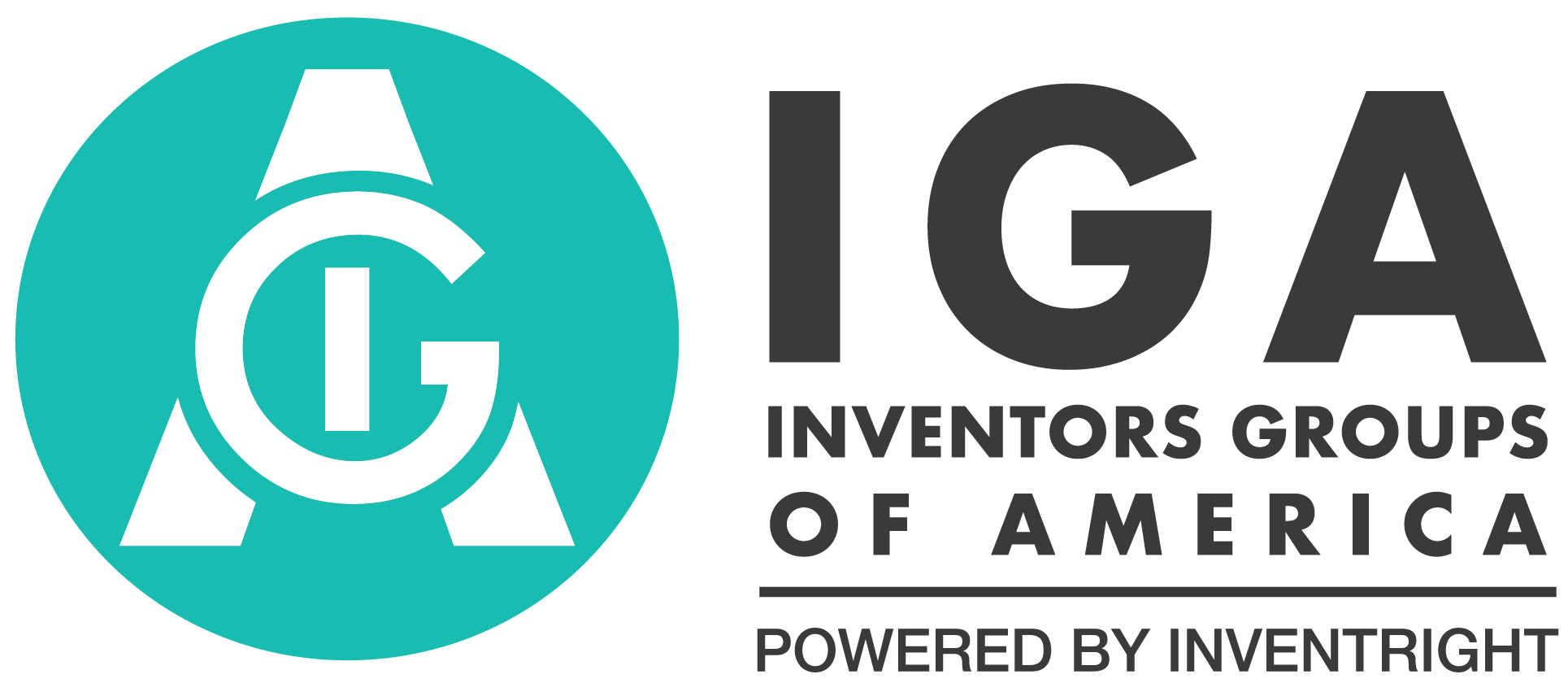18 Great Advantages of Licensing Your Idea

When I took an art class on a lark in college, I discovered how much I loved being creative. Bringing my ideas to life didn’t feel like work — far from it. The experience was downright magical. If I could do this for a living, I’d never work a day in my life, I realized. After I left, began selling my own product designs, and spent several highly informative years at the red-hot toy startup Worlds of Wonder, I developed a simple process to help me achieve my goal. I would supply companies with new product ideas. In exchange, they would do all of the heavy lifting of getting them on the shelf and pay me royalties based on units sold.
I’m talking, of course, about licensing. You can think of licensing like renting. The companies I would approach already brought products to market. I had the creative ideas they needed. For me, it was the perfect partnership.
After I left WOW and did some freelancing work, I began licensing my ideas and didn’t stop for decades. How could I? Coming up with ideas is fun. My time was mine. For market research, I went to the movies on weekday afternoons, hung out at the mall, drew ducks at the park, and once spent six months on the road traveling across the United States with my family.
I enjoyed myself. Being creative is enjoyable!
Even the cold-calling part of the licensing process gave me no pause. Contacting a company show them an idea they might benefit from? That isn’t work. Not really. I was just trying to find a home for my ideas and in the process, building relationships with companies I liked.
It’s true that to succeed at inventing, you must embrace rejection. I like to tell people I’m in the rejection business, actually. I let it motivate me to head back to the drawing board and come up with a better idea.
It’s not all easy, of course. There’s the fact that you never know where your next paycheck is coming from, which is a lot of pressure. So you must make good decisions when you’re starting out. Realize it will take much longer than you expect. Be financially smart — don’t quit your day job too soon. When I began trying to license my ideas in earnest, my wife’s income supported us.
All you need is a good idea, a little knowledge, and to believe in yourself. You don’t have to be rich, have a lot of experience, know the right people, or be able to write a business plan.
You do have to hang in there to get good at this. If you do, the benefits are enormous.
1. Speed to market. Scaling up is time-consuming and cost-prohibitive. A good potential licensee will have relationships with manufacturers, marketers, and the shelf space you need already in place. Everything you need to get your product to market fast, in other words.
2. Very little financial risk. Obviously, ideas differ. As a business model, licensing is applied to everything from pharmaceuticals to seasonal novelty gifts. If you have an idea for a consumer product, you can get in the game with a sell sheet ($100), a provisional patent application ($65), and a cell phone. Focus on identifying companies that are friendly to open innovation and you’re well on your way.
3. Experience is not required. Anyone can license an idea. These companies don’t care what you’ve accomplished previously. They’re just looking for their next great idea. You need a plan and to work hard.
4. No manufacturing, marketing, or distribution costs. Licensing requires far less of an investment than venturing.
5. No employees. Licensing is fairly solitary. I teamed up with an illustrator at first and have worked with the same graphic designer for nearly two decades. So, it’s not as if you won’t have a team. But, it’s far more about managing yourself than anyone else.
6. You do not have to quit your day job. I highly recommend that you do not, in fact –until and unless you have multiple income streams coming in. I turned the relationships I developed as a freelancer into licensing arrangements. Having that first royalty check in my hand is something I’ll never forget. Because so little time is required to license an idea, you can make this your side hustle.
7. You can focus on being creative. That’s right: Do the fun stuff. Let your licensee figure out the details.
8. You can bring many different kinds of products to market. If your ideas are all over the place, this is a fantastic outlet for them. There’s no limit to how many ideas you can develop and license.
9. Live anywhere. This is a bit ironic, because I chose to live in Modesto, California. I don’t regret raising my three children in a small community. Now I live up in Lake Tahoe out of the heat.
10. Working from home. No commute necessary.
11. Multiple income streams. Products have a short lifespan these days. So I focused on licensing as many ideas as I could. Some of mine sold seasonally, one toy sold for 10 years, and the idea I invested the most into ended up producing income for close to 20 years.
12. Travel. Being able to take long vacations with your family is priceless.
13. Lifestyle design. Want to get up early? Sleep in? You choose when you work. Because I enjoyed what I was doing, I worked closer to 60 hours a week than 40. I liked waking up feeling curious and the freedom to take off if I felt like it.
14. Doing market research is fun. Visiting retail stores and watching customers interact with products is my idea of a good time.
15. Celebrating your inner child. Getting to dream big, think differently, and consider possibilities has been a blast. Once, I was invited to visit Disneyland for a project. I couldn’t believe it! There’s no way I could ever call that work. Creativity keeps you young.
16. Excitement. You won’t be bored, because the world is always changing. New products and new industries emerge every day.
17. Feeling proud. Making my own decisions and charting my own path has given me great satisfaction.
18. Not having a boss tell you what to do. I never wanted to work for anyone else. So having the freedom to decide what I wanted to work on next was a huge benefit to me.
An idea I prototyped at my local Kinko’s ended up being featured in a national commercial with Alex Trebek. Talk about surreal. To take an idea you came up with in your head to television and store shelves is unbelievable. For me, it’s always been about the satisfaction of others enjoying my creativity.
What benefits of licensing as a business model do you appreciate the most?
Full disclosure: In 2001, I cofounded inventRight to help people license their ideas for new products.
Article courtesy of Inc.com, first published on December 14, 2017 under the title “18 Reasons You Should Consider Licensing Your Product Ideas”. Link to original publication: https://www.inc.com/stephen-key/18-benefits-of-licensing-your-product-ideas.html.



